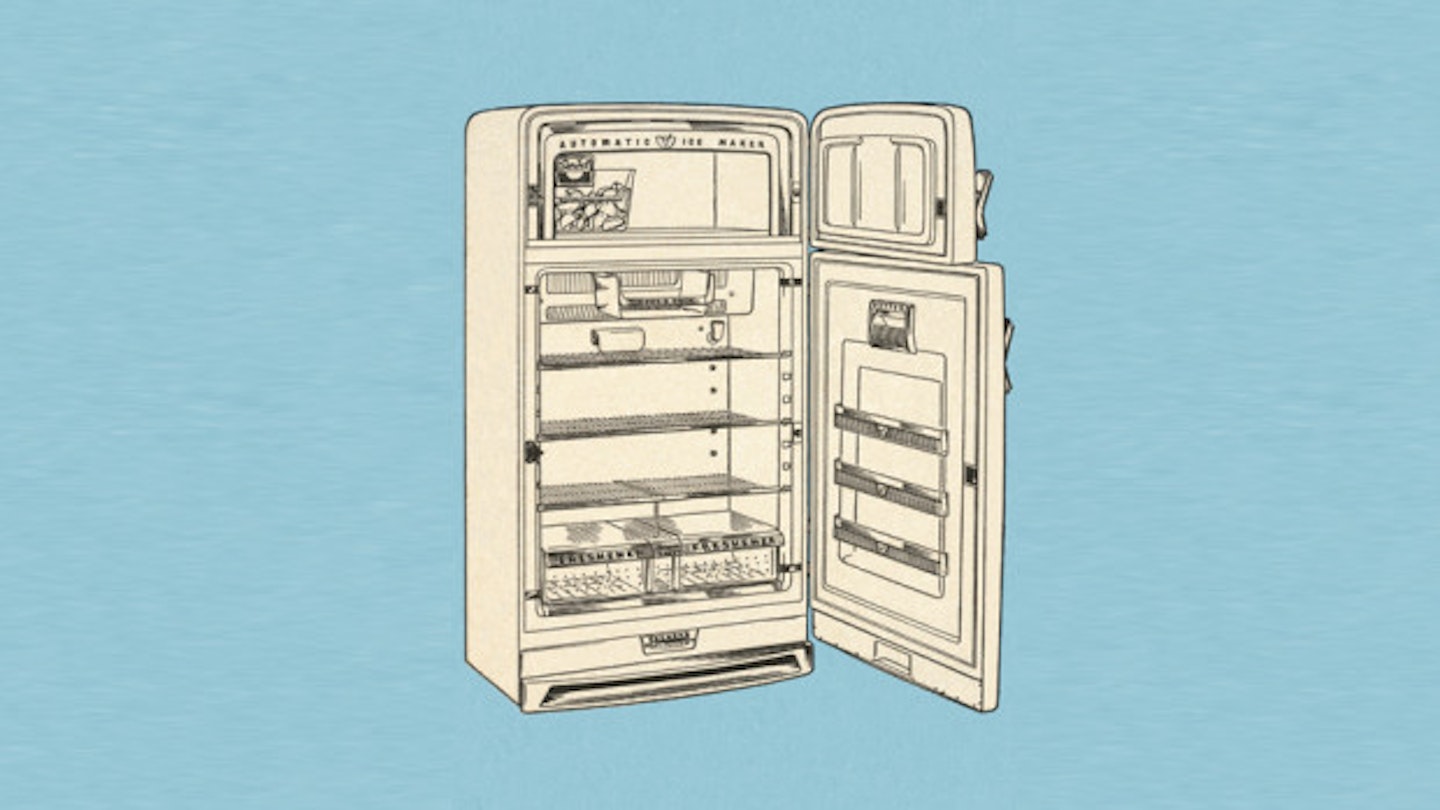It’s the end of the month and we’d hazard a guess that quite a few of you are feeling the pinch – yeah we’re having porridge followed by porridge for lunch today – but new research has shown that it might not just be down to some severe financial sloppiness on our part – there's been a sharp rise in the number of young people living below the poverty line.
The study, completed for the Joseph Rowntree Foundation, found that under-25s are now more likely to be living in poverty than pensioners for the first time. Under-19s are the worst hit according to the research, with 34% of 16-19 year olds currently living in poverty, but people in their 20-24 year-olds aren’t far behind at 29%. The depressing figures are up 6% in the last decade, which just about sums up how stunted social mobility has for people under-30. Unsurprisingly for most of us, the study cited falling pay, high rental prices and zero hours contracts as contributing to the problem, proving that employment is no longer a way to end poverty like it might have been in the past. Which makes that freezing commute into work feel less and less worth it, really, doesn’t it?
‘Part of the problem is that unemployment is much higher for under 25s than the over 25s and rose most during the recession’ Tom MacInnes from the New Policy Institute, which wrote the report, explains to The Debrief. ‘Couple that with the fact that average pay fell most for under 25s and you’ve got a real problem. Plus, the nature of the labour market will be playing a part. Compared to a decade ago, there are more self-employed people earning less than self-employed people earned a decade ago. There are more people working part-time but wanting full-time jobs. There are also 1.4m contracts that don’t offer a minimum number of hours (including a lot of what are commonly referred to as zero-hours contracts) and these tend to be clustered at the low-paying end of the jobs market. It might have far-reaching implications.
‘From previous recessions, we know that people who are unemployed at a young age are more likely to have spells of unemployment later in their careers. Our report also shows that only 20% of people in low-paid work a decade ago were in better-paid jobs in more recent years.’ So, in a nutshell, being unemployed now might actually have dire implications for us later on in life, with the study ominously also showing that many people are effectively trapped in low-paid employment, with just 20% managing to leave that bracket over the last decade.
So where does this leave us? Well, it’s obviously pretty grim to see those figures in black and white, but is it really that surprising? What with internships, bonkers rental prices and a terrifyingly unpredictable jobs market to content with, who hasn’t felt their earning slip under the 60 per cent of the national average (£26,500), which is defined as living in poverty in the UK?
‘I’ve earned less than £800 a month for the vast majority of my 20s,’ explains 25 year-old fashion intern Flavia Adams, who has supplemented her interns wage [read: no wage at all] by working the door at her friend’s club nights for £50 a pop. ‘When things get really dire, I ended up pawning my computer so I could pay the £230 a month I spend on my Camelot building in South East London. I mostly survive on 30p packets of dried noodles and freebees given out by friends and my family. I’ve contemplated going on benefits, but I don’t think they were designed to help support someone chasing a dream to get into fashion, which is basically the reason why I’m so broke. I live completely hand to month and if I was to stop earning today, I would probably be able to survive for three days at the most before I completely ran out of money. I’ve never considered myself to be impoverished because I’ve got so many friends in the same situation, but I supposed I can often not afford food which is pretty dire. At least we’re all in it together, but I’d be lying if I said it wasn’t taking its toll on my health and I wasn’t pretty concerned about my future.’
Chief executive of the JRF Julia Unwin shared her concern, commenting:
‘This year's report shows a real change in UK society over a relatively short period of time. We are concerned that the economic recovery we face will still have so many people living in poverty. It is a risk, waste and cost we cannot afford: we will never reach our full economic potential with so many people struggling to make ends meet.’
You might also be interested in:
'I've Got A Degree. So Why Am I Working Picking Up Empty Glasses In A Club?'
Sad But True: Three Quarters Of Graduates Will Only Pay Back Student Loans In Their Fifties
Follow Sophie on Twitter @sophiecullinane
This article originally appeared on The Debrief.
